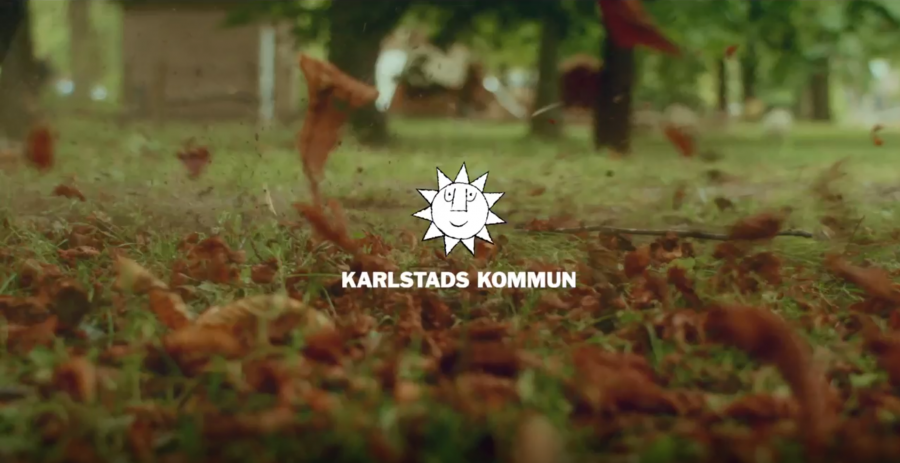
Outdoor play and learning can make an important contribution to helping children make the transition from early years education into primary school, an innovative research project funded by the Economic and Social Research Council (ESRC) has concluded.
According to the project's findings, pupils' opportunities to spend time outdoors decline sharply as they move from early years education into more formal schooling.
The study highlights the potential for some of the tensions created by formal classroom learning to be mitigated by the more independent, less supervised periods children spend playing together outdoors.
Researchers from Plymouth University, the University of St Mark and St John and the Institute of Education equipped 32 children in four Foundation Stage classes with digital audio recorders which they wore in brightly-coloured pouches. Fifteen of the children were then followed into Year One, and in total 192 recordings were made of their play and their conversations.
The Early Years Foundation Stage (EYFS) of the National Curriculum endorses outdoor play as a means of supporting children's development and sense of wellbeing, yet the research showed a change occurring as pupils moved up into more formal primary education. While over two thirds of recordings took place outside the classroom during the EYFS, in Year One that proportion dropped to less than one third.
The researchers argue outdoor lessons and free play offer opportunities for children to learn independently, something which has become less common as schools focus on attainment and pupil testing. The study also suggests not all learning is necessarily planned, and important foundations for learning are laid through more playful approaches.
The lead researcher on the project, Sue Waite, said: "Outdoor learning had a different quality from the teacher-led lessons which took place in the classroom. Outdoor spaces offer opportunities for children to be more creative, inquiring and socially skilled, as they can pursue their own lines of interest and talk together. In classrooms, dominated by specific learning outcomes and teachers talking, it's very easy for learning to become something which is spoon-fed."
An ongoing review of the National Curriculum is likely to lead to primary schools working to detailed programmes of study for English, Maths and Science, although academies and free schools can choose not to follow these. The study suggests that elements of the curriculum can be achieved successfully through learning outside the classroom, but teachers need to feel confident of how best to support that.
The new Early Years Foundation Stage framework emphasises 'school readiness', which may increase reductions in opportunities to learn outside the classroom. Yet the researchers found readiness to learn was more evident when children experienced a longer transition of play-based outdoor learning.







